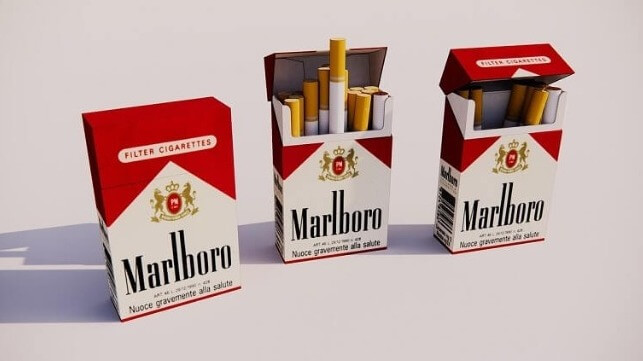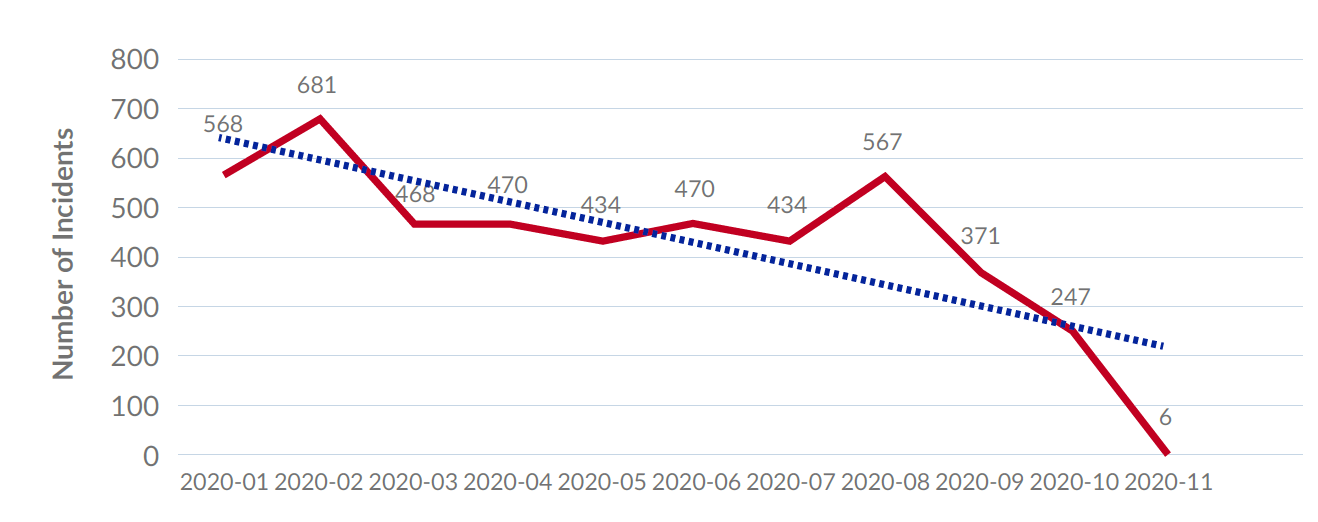MACN: Corrupt Demands for Cigarettes and Cash Declined During Pandemic

The Maritime Anti-Corruption Network (MACN) has released a 10-year retrospective report on corruption in seaports around the world. Solicitations for bribes - typically for cigarettes, alcohol or cash - are routinely encountered in official interactions at some ports, and refusing to pay often results in delays for the ship.
“The cost of corrupt demands, and the repercussions for refusing them, have massive consequences for the industry and trade," said MACN CEO Cecilia Müller Torbrand. “At a time when supply chains and economies are under increasing pressure, corruption is having a real impact on trade and livelihoods – onshore and at sea.”
Luckily, the COVID-19 pandemic appears to have had a positive effect on the rate of bribe-seeking, which has continued its multi-year decline. Due to quarantine and social-distancing measures, including the adoption of digital systems for vessel clearance, corrupt port officials now have fewer person-to-person interactions with crewmembers - and fewer opportunities to seek bribes. "We hope this trend will continue in the post-COVID era,” said Müller Torbrand.
 Courtesy MACN
Courtesy MACN
The 10-year retrospective study draws on anonymous incident reports submitted by shipowners. To date, the reporting system has captured over 45,000 incidents in 1,195 ports across 149 countries. The countries with the most reported incidents are located in East Asia, the Middle East and North Africa, and incidents reported in these regions represent more than 60 percent of all incidents worldwide. (MACN notes that the incident reports are submitted anonymously and cannot be independently verified.)
The data shows that the four most active corrupt-demand rackets all involve pilots asking for cigarettes. At the Suez Canal; Tanjung Priok, Indonesia; Alexandria, Egypt; and Panjang, Indonesia, vessels routinely report that pilots ask for cigarettes as a facilitation payment. Various port officials can also be expected to make a demand for cigarettes at Apapa, Port Klang, Haiphong, Chittagong, Shanghai, Qingdao, Laem Chabang, Dakar and Colombo, among other localities. Of the top-20 most active ports, only Port Said was reported as a hotbed of bribery in the form of cash.

that matters most
Get the latest maritime news delivered to your inbox daily.
To combat ongoing corruption at ports and waterways, MACN is developing a Global Port Integrity Platform (GPIP) to measure integrity in ports worldwide. The network also advocates with port state governments to reduce corruption and encourages its members to sign on to a no-bribery pledge.
“Corruption hurts our seafarers and staff and damages our business. Regulations and law set an important foundation but, as this data shows us, this is not enough to drive on-the-ground change," said Müller Torbrand.
